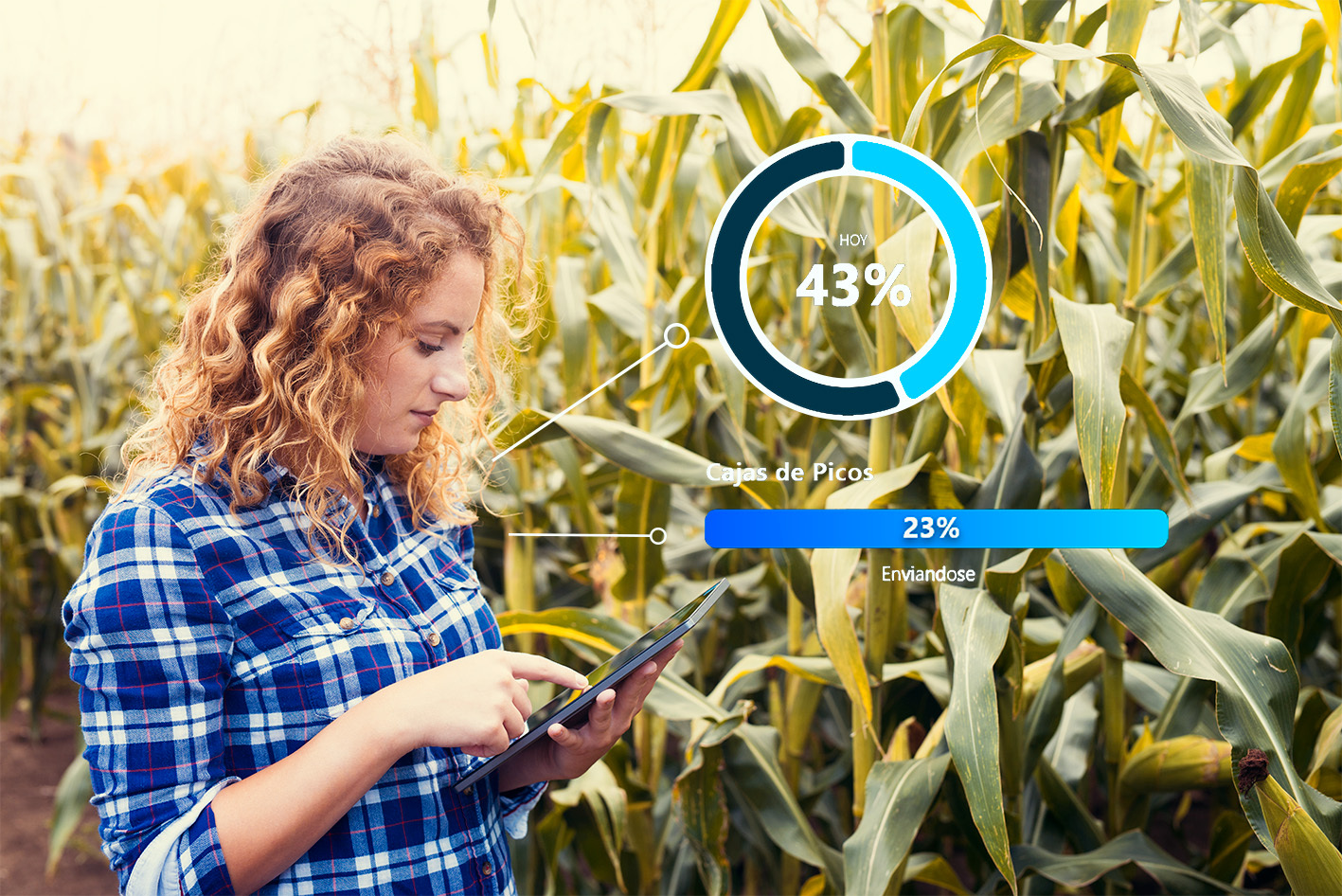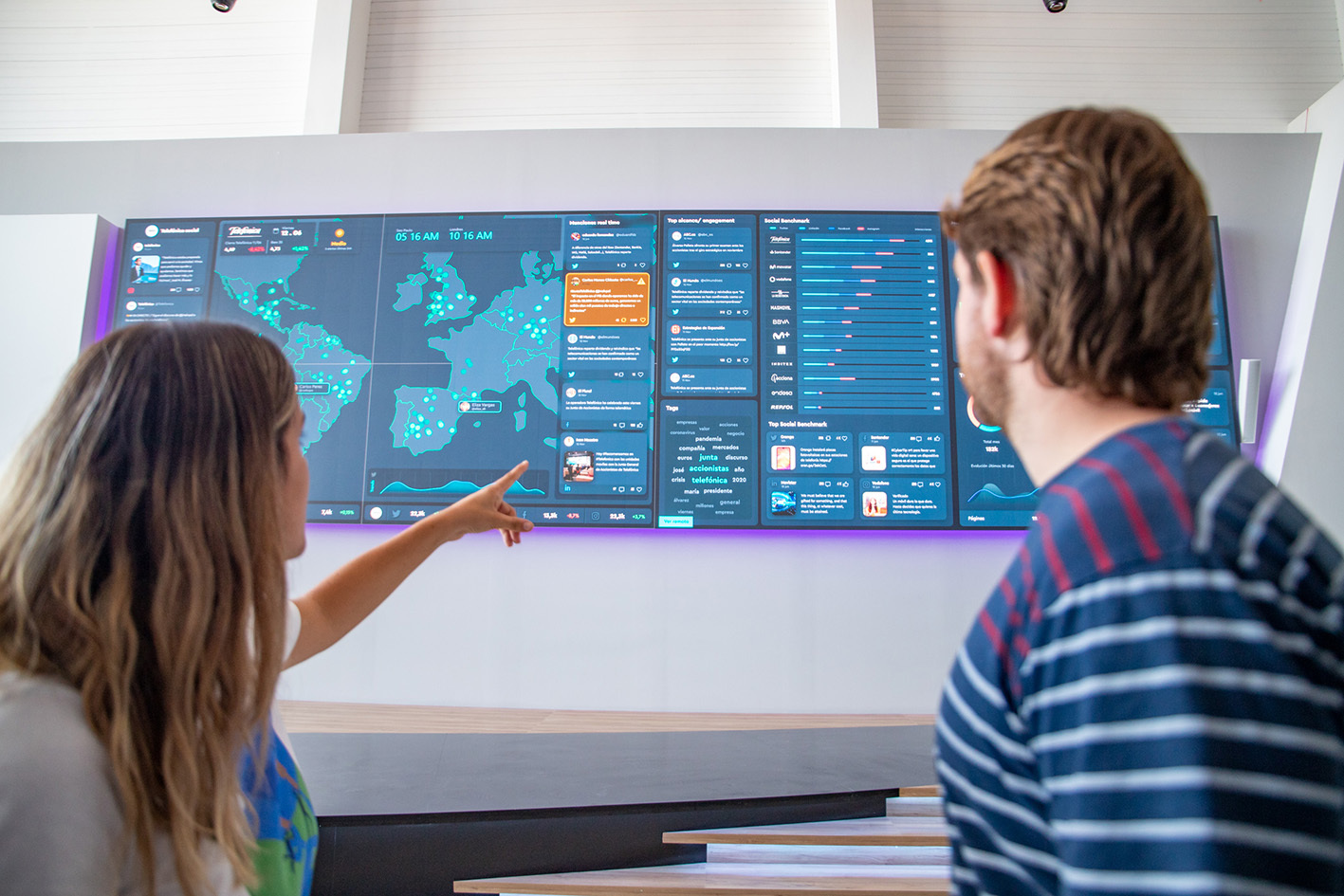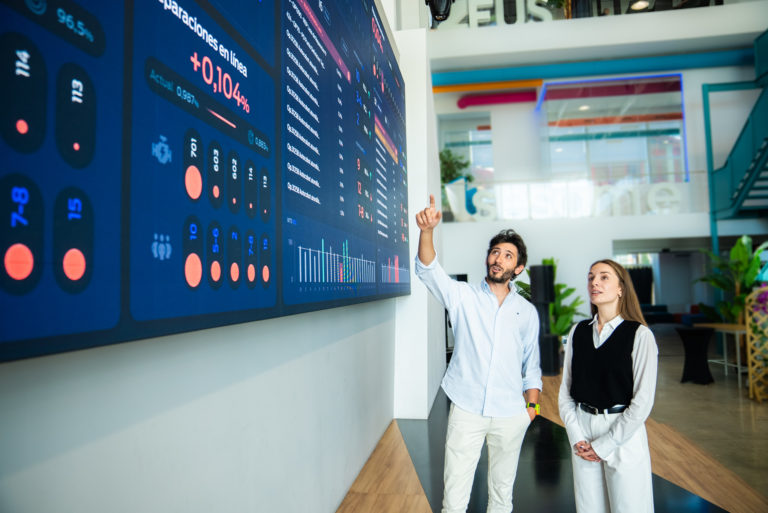
Industry is currently undergoing a true revolution thanks to the convergence of digitalization, intelligent data management and sustainability. For this reason, they are increasingly committed to integrating clean energies into their production processes and thus advancing in their modernisation and competitiveness.
A clear example of this is the 38% increase in biomethane production in Spain between January and November for injection into the gas grid. This fact demonstrates the potential our country has to produce this green energy and reduce its carbon footprint. As well as to reduce operating costs in the long term, something that benefits the agribusiness and logistics industry, among others.
In recent years, Spain has implemented a series of far-reaching reforms in order to lead the energy transition in the European Union. This has led it to become the third European country with the highest sustainable energy generation capacity and the 11th country with the lowest CO2 emissions per inhabitant, enabling companies to adopt policies aimed at sustainability that encourage innovation and thus better manage their resources.
Biomethane: uses and applications
Biomethane is a renewable natural gas obtained from the treatment of organic waste. Its production has become the backbone of this energy transition and Spain is the fourth European country in the production of this energy, reflecting its commitment to sustainability and emissions reduction.
This type of renewable energy is a key player in the European Commission’s REPowerEU Plan to end dependence on fossil fuels and achieve greater energy independence.
Some of the uses and applications of biomethane in industry are:
- Use as a fuel in vehicles such as goods transport fleets and food distribution.
- Sustainable logistics infrastructures.
- Compliance with European environmental standards.
- Energy self-sufficiency for the agricultural sector.
- Efficiency in the supply chain.
Corporate sustainability: integrating renewable energies
Renewable energies are becoming essential to achieve this long-awaited change. Not only do they present obvious environmental benefits, but also clear opportunities for digitization and efficient management of data generated in companies. For example, the internet of things can be easily integrated into renewable energy systems, enabling the collection and transmission of data from multiple sensors and devices. In addition, these energies also enable the joint participation of users and businesses in the generation and consumption of clean energy.
This is because consumers are interested in knowing the life cycle of the products they consume and value positively that companies are committed to sustainable practices. This is why the sector must offer transparency and trust in its actions if it wants to win consumer preference.
Sustainability 360: data, digitalization and renewable energy reinvent the industry.
In the agribusiness and logistics industries, companies use a wide range of data to drive sustainability and make more responsible decisions. Detailed data on energy consumption in different areas of the company or on waste generation are key, so efficient data management allows us to optimize our resources precisely.

An example of this applied to the agricultural sector would be to monitor soil quality in order to optimize irrigation and thus reduce the excessive use of water and chemicals. This is undoubtedly a way of minimizing environmental impact.
In the case of logistics, data management enables the design of more efficient routes that help reduce carbon emissions and the environmental footprint. In addition, it also helps in inventory management, optimizing all resources in the supply chain.
Therefore, these industries are on the threshold of significant transformation. The convergence of sustainability, digitalisation and renewable energy is the key to moving the sector towards an efficient, productive and resilient future.



